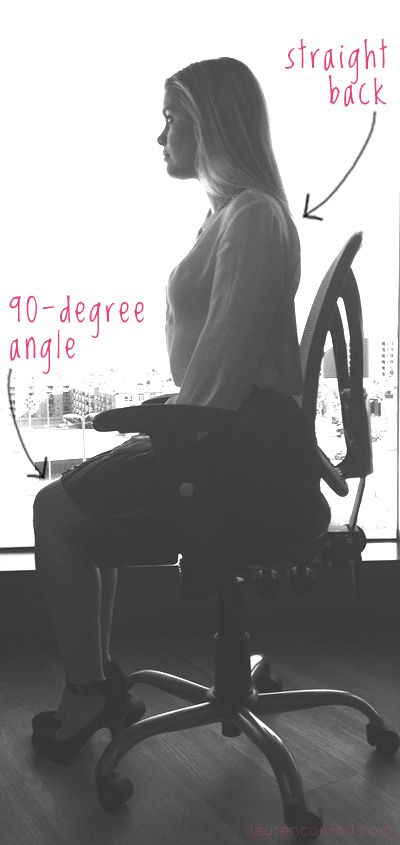The Power of Mood
Health experts previously believed that our body and mind were completely unrelated. Our mind comprises of our thoughts, feelings memories and consciousness and they all are part of the brain. Secondly, experts knew that these were all deeply rooted in our biology. However, recently, the idea that our mind and body are unrelated has been challenged. Doctors have come to realize that our bodies–our physical beings–and our minds–our mental realm–affect one another greatly. For example, when someone become physically ill, it is common that their brain may become unbalanced leading to psychological issues like depression. Similarly, individuals with mental illness are vulnerable to serious physical illnesses. It is important to realize though, that this is not a one way issue. Optimism and mental health can make the body healthier. Likewise, a healthy body can help the mind.
This shouldn’t come as much of a surprise as the brain operates similarly to other organs. Therefore, it can be effected by and even effect other parts of our bodies.
Let’s take a look at depression. Depression is a serious mental illness that often leads to attempted suicides as well as completed suicides every year. Depression takes a serious toll on our bodies and it also effects our productivity and energy levels. Physical illness or serious surgeries can also lead to depression. It is said that individuals undergoing open-heart surges tend to become depressed after the surgery. When people have illnesses such as diabetes, cancer, osteoporosis and epilepsy they tend to run a his/her risk of disability and premature death if they are also clinically depressed.
Scientist have come a long way in figuring out what depression is and how it can be treated. They have learned that it is rooted in our genes and is usually triggered by some type of event or environment. Depression can be treated with antidepressants and other medications as well as different types of therapy such as electroshock and stress reduction. Exercise and meditation are also said to help with depression. Some symptoms of depression include: sadness, sleep problems, suicidal feelings, inability to feel pleasure and more. Untreated depression tends to come and go in cycles. However, if it is properly treated, it can be controlled.
Interestingly, there was a studied that followed 1,300 men around for 10 years and learned that the men who thought of themselves as optimistic had half the heart-disease rates as those who did not identify that way.
If you feel you may be depressed, you should talk to your doctor about your symptoms and he/she can help you figure out the necessary next steps.
To learn more about depression, the body and the mind, you can look at the Time magazine entitled: Your Body: The Science of Keeping It Healthy.






